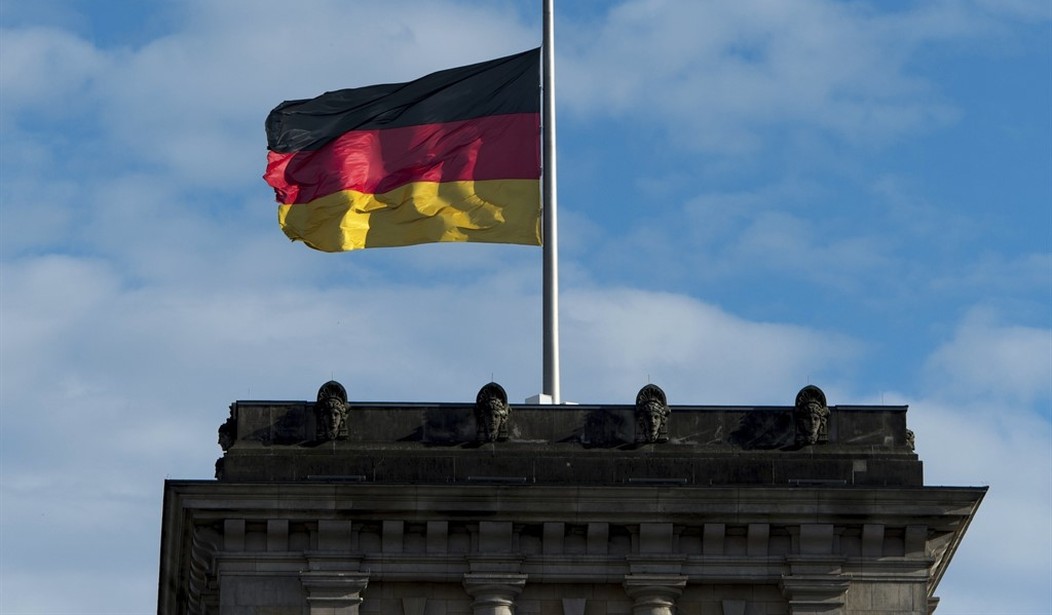Stefan Kooths, vice president and head of economic research at the renowned German Institute for the World Economy (IfW), has warned the German government about the consequences of its own economic policies. The leading German economist censures the government for the country’s unnecessary bureaucracy, government overreach, excessive intervention and subsidies. “Politicians get tangled up in more and more new regulations and interventions in the economy, which they then have to correct with new regulations and interventions, and so on,” Kooths warns. “It is a vicious downward cycle.”
As a result of the successive transformation of the German energy industry into a planned economy, prices for electricity have continued to rise – even before the onset of the war in Ukraine, they were among the highest in the world. The German economy is straining under these burdens, and more and more companies are relocating or at least seriously considering moving abroad. The chemical giant BASF recently announced that it would be implementing massive job cuts in Germany and investing billions in China. The company blamed its move on the horrendous cost of electricity in Germany and the extreme bureaucracy. Many other companies have already announced that they will be exiting Germany in favor of the USA or Asia.
Politicians see the consequences of their interventionism, but are planning to respond with even more intervention. German politicians are now calling for a heavily subsidized industrial electricity price cap for large companies. This means: First, government intervention pushes electricity prices up to unaffordable levels, then the taxpayer is supposed to step in and massively subsidize electricity costs for large companies. Ostensibly, this is only temporary, because electricity prices, the government promises, will become cheaper and cheaper thanks to renewable energies.
This is, of course, an illusion. The guiding principle of German energy policy is: “All Electric – Renewables Only.” However, this policy is set to more than double the demand for electricity and will do so in no time at all. Wind and solar power capacities would need to more than quadruple. Since wind and solar power are highly volatile, Germany would need huge storage and reserve capacities. “However, this is neither technically feasible nor affordable for a country like Germany. It is simply insanity,” said one of Germany’s best-known business executives, Wolfgang Reitzle.
Recommended
The “industrial electricity price cap” is not the only example. For 20 years, politicians in Germany have made building unaffordable by imposing ever stricter environmental regulations and ever more red tape and bureaucracy. The results of this policy were not clearly apparent as long as interest rates remained at historic lows. Now that interest rates are slowly returning to “normal,” it has become impossible to build under these conditions. New construction in Germany has flatlined.
At the same time, government regulations have been tightened over and over again. First, a so-called “rental price brake” was introduced. However, as this did not work and rents continued to rise, the rental price brake was extended and tightened. With fewer and fewer new dwellings being built and millions of refugees coming to Germany at the same time, rents are now skyrocketing again. And what are left-wing politicians in Germany now demanding? A rent freeze.
This is another typical example of the spiral of intervention: When politicians see that their market interventions are not working, they conclude that they must launch even more drastic interventions in the market. This process was described as early as 1949 by the German economist Alexander Rüstow. “The state begins to intervene, with the intention of limiting itself to these specific interventions. However, these interventions have unpredictable consequences, which in turn necessitate new interventions beyond the scope of the government’s original interventions. This pattern repeats with every new round of interventions, and so on ad infinitum. And if the limit of the state’s intervention is not defined in principle, clearly and reasonably, from the outset, if the private economists of any economic sector which has hitherto been left free must reckon with the possibility that sooner or later the state will extend its interventions into their sphere in an unpredictable manner, there is no longer any foundation for long-term planning and sound management.”
Rainer Zitelmann is a historian, sociologist and author of the book In Defense of Capitalism https://in-defense-of-capitalism.com/

























Join the conversation as a VIP Member